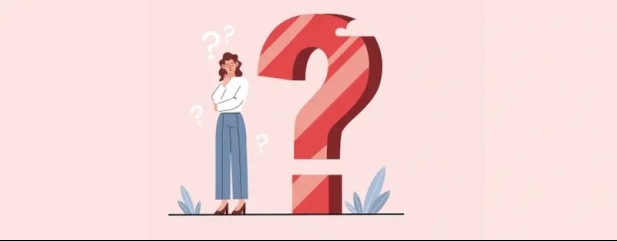Archived article
Please note that tax, investment, pension and ISA rules can change and the information and any views contained in this article may now be inaccurate.
Can I bequest my SIPP assets to charity tax free?

I have worked in the public sector for most of my life and since I retired, I am receiving a pension. I also have a small SIPP which I have not yet touched.
My husband has a good pension of his own plus his state pension. When I die he will receive my share of our joint assets and will have enough money to live on.
Instead of leaving my small SIPP to him when I die, I would like to pass it onto charity. Would that be tax free?
Sarah
Rachel Vahey, AJ Bell Head of Public Policy, says:
Pension freedoms were introduced nearly 10 years ago and completely changed the way that pension wealth can be passed on when someone dies, both in terms of who they can pass the money on to but also how the money is taxed.
However, the rules look set to change in the next two years. The government is currently consulting on new rules to bring pensions within someone’s estate when working out any inheritance tax (IHT) due on death.
We don’t yet know how the final rules will work, and this means it’s difficult for people to plan with any certainty. It’s worth keeping up to date with how discussions are going, and not to rush to make decisions until you know what the final rules will be. If the rules did change, then that would take effect from April 2027.
Currently, an individual has the freedom to nominate whoever they want to receive their pension fund when they die, meaning these funds can be passed easily to children and grandchildren, rather than always having to go to the living spouse or dependant.
However, usually the trustees of a pension scheme have the ultimate decision who to pay the pension fund money to. When making this decision the pension scheme trustees will consider if there are any dependants still living – such as a spouse or partner. They will also look at who the pension saver has nominated to receive their pension funds.
PENSION FUNDS CAN GO TO CHARITY TAX-FREE
People can nominate a charity to inherit their pension funds. If they don’t have any dependants, then the lump sum will be paid completely free of income tax to the charity. This is irrespective of how much pension wealth the person had built up and their age when they died. If pensions are to be counted in the estate for IHT, then HMRC proposes that this type of payment will be free of IHT as well. This payment has a specific name – a Charity Lump Sum Death Benefit.
However, where the pension saver does have a living dependant, the trustees will need to first consider whether they are financially secure before they decide to pay out to a charity instead. But if the trustees are happy that the dependants don’t need the money from the pension, they may agree to the charity donation.
In this situation the tax treatment of the lump sum is different. If the pension saver died before age 75, then it will be tax free if all other tax-free lump sums paid out in life or on death are less than, usually, £1,073,100. Any excess over this may be subject to income tax. But if the pension saver was aged 75 or over then the entire lump sum paid to the charity will be subject to income tax at a rate of 45%.
If it looks likely that a lump sum would be subject to income tax if paid to the charity, then the pension saver could nominate someone to receive their pension funds, and they then pay the money onto the charity. They will probably have to pay tax on the lump sum, but it might be less than 45%, and if they are working, they could claim gift aid when they later donate the funds to the charity which may increase the amount of money the charity receives, meaning the charity doesn’t lose out. (The pension saver would have to be confident their wishes would be carried out though!)
HOW NEW RULES COULD IMPACT THINGS
We don’t yet know whether this type of payment would be free from IHT. The Government’s initial proposals suggest it won’t be – but this could change, and as I said, it’s worth keeping up to date with how discussions progress. If it is, then, again, the pension saver may want to consider passing the money onto their spouse or civil partner (which would be IHT free) and ask them to make the payment to the charity instead.
Pension freedoms give people many options about how to pass pension wealth on. Perhaps the essential thing to remember is to discuss options with loved ones to make sure they know what a person wants to happen to their pension money after they die.
Important information:
These articles are provided by Shares magazine which is published by AJ Bell Media, a part of AJ Bell. Shares is not written by AJ Bell.
Shares is provided for your general information and use and is not a personal recommendation to invest. It is not intended to be relied upon by you in making or not making any investment decisions. The investments referred to in these articles will not be suitable for all investors. If in doubt please seek appropriate independent financial advice.
Investors acting on the information in these articles do so at their own risk and AJ Bell Media and its staff do not accept liability for losses suffered by investors as a result of their investment decisions.
Issue contents
Feature
Great Ideas
Money Matters
News
- IG Design shares hit two-year low after major US customer re-enters Chapter 11
- FTSE 100 hits all-time high on easing inflation and year-low in sterling
- Trustpilot shares soar 61% over the past six months
- Trump promises a ‘golden age of America’ at the expense of trade partners
- Will Royal Caribbean Cruises continue to benefit from robust demand and pricing trends?
- Cloud growth, AI appetite and margins crucial for big tech earnings
 magazine
magazine








